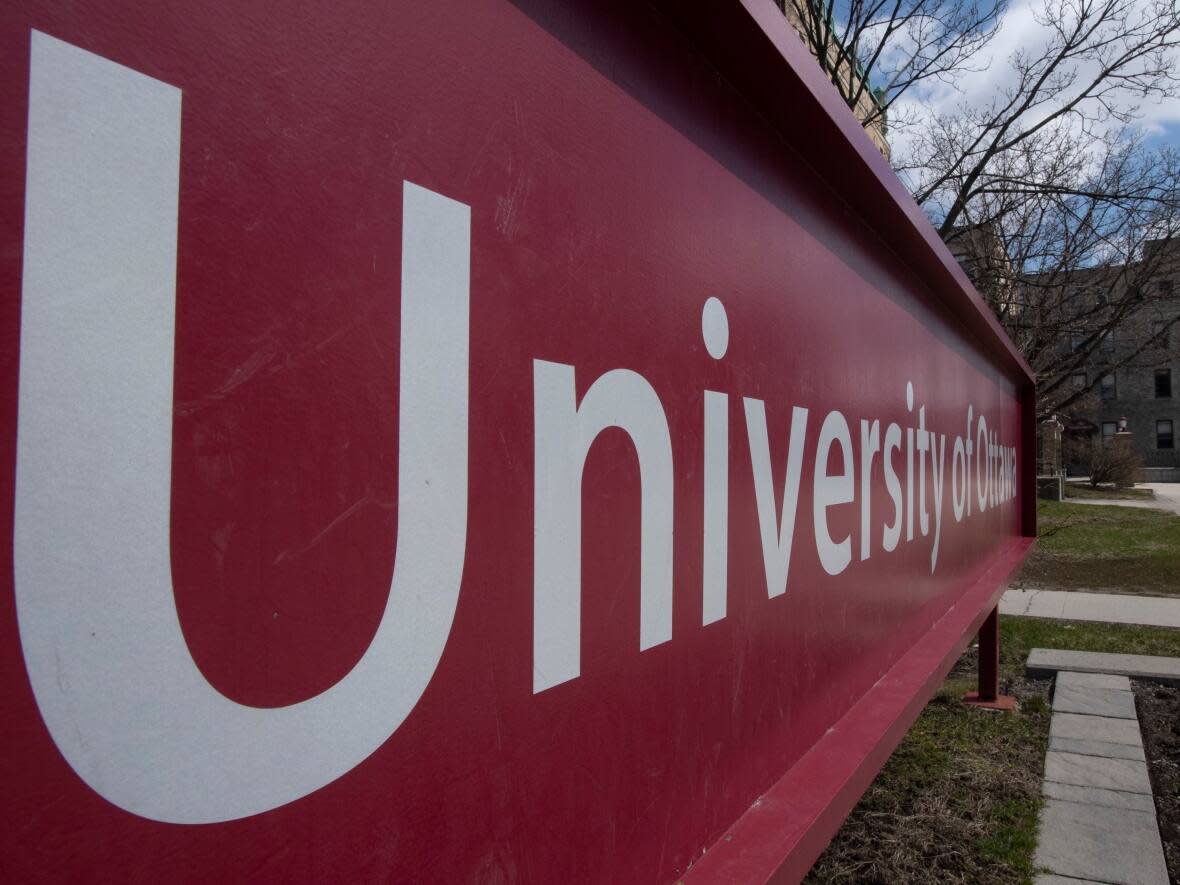Debate continues year after U of O professor's use of N-word in class

A year after a University of Ottawa professor's controversial use of the N-word during class, students and staff are waiting on the release of a committee's report that examines the debate around academic freedom in the classroom.
Verushka Lieutenant-Duval, a part-time professor at the university, was suspended on Sept. 23 2020, after a student complained she had used a derogatory word during a class as an example of a word that a community has reclaimed. She taught again last spring, but did not return this fall.
The incident divided many people on campus. A group of 34 professors across various departments signed a letter of support for their colleague, whereas many students called on the school to develop a zero-tolerance policy on the use of the N-word.
At the time, university president Jacques Frémont asked Michel Bastarache, a former judge, to lead a committee to look at what can be learned from the incident. The committee is also taking a broad look at what academic freedom means and looks like in a university classroom.
Pierre Anctil is one the professors who signed the letter defending Lieutenant-Duval.
"I expect, and hope, that the Bastarache group will recommend that a great deal of attention be paid to preserve academic freedom at the university," he said.

Anctil said preserving academic freedom allows professors to do better research, and to "really reflect deeply on issues of racism and issues of discrimination, both on the campus of the University of Ottawa and abroad."
But others have been calling for systemic changes.
"I think you need to move on, but also keep thinking about it. It always needs to be in the back of our heads for our university culture," said Anna Chyzzy, a student at the university.
For others, they're not sure much has changed at the university since the incident, but hope the report will offer some insight into how to move forward.
"I don't feel like a lot has changed on campus," Madeline Wood said. "I'm looking forward to what the university has to offer in future for more opportunities to include a more diverse range of students on campus."
The University of Ottawa said the report is completed, but did not provide a timeline for when it would be released publicly.


